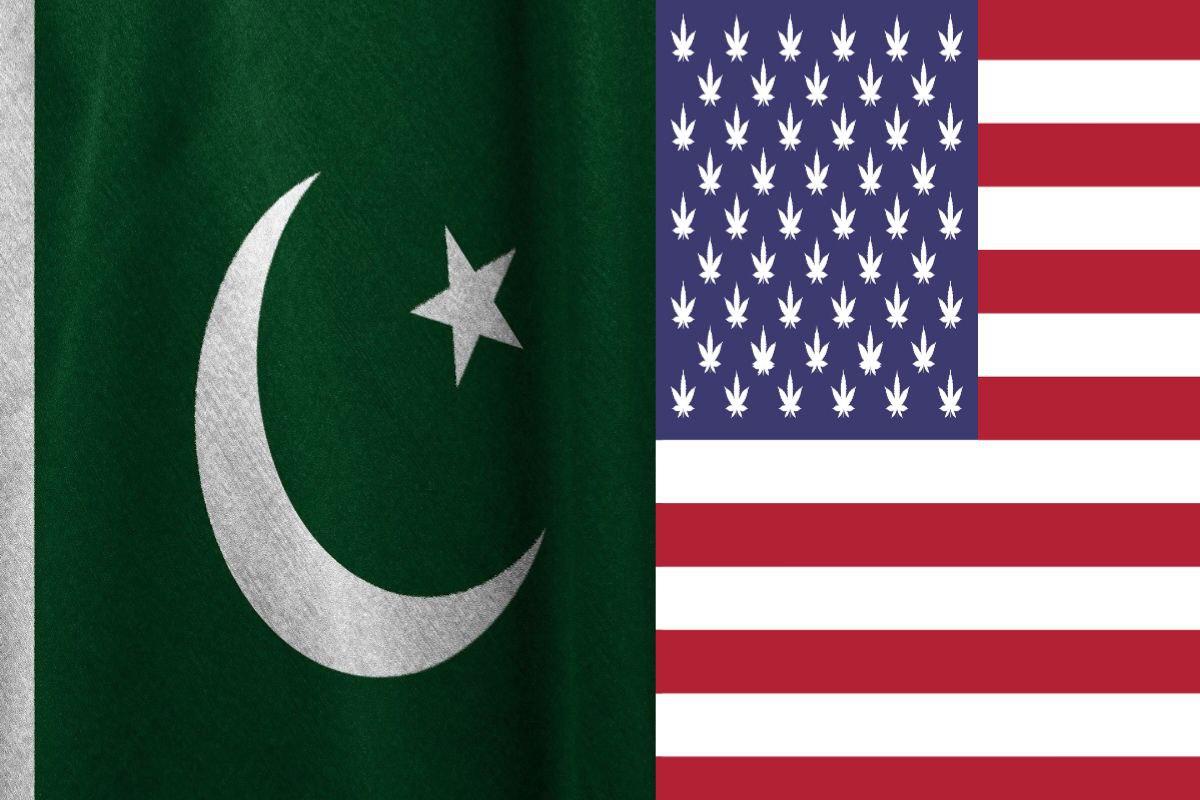
In the aftermath of India's powerful "Operation Sindoor," Pakistan finds itself battered and strategically cornered. The recent military confrontation exposed glaring weaknesses in Pakistan’s defense preparedness, particularly the inefficiency of Chinese-supplied weapons systems. As India’s advanced missiles and drones decimated Pakistani military positions, including the Chinese-made H9p and H6 missile defense systems, Islamabad’s reliance on Beijing’s hardware came under serious scrutiny.
These failures have led Pakistan to turn westward once again, knocking on America’s door in search of a savior. The most significant evidence of this shift came as Pakistan Air Force Chief Zaheer Ahmed Babar Sidhu arrived in Washington — marking the first visit by any Pakistani Air Force chief to the US in over a decade. This visit underscores not just Pakistan’s strategic desperation but also the diminishing stature of its military capabilities in the face of modern warfare.
During his visit, Air Chief Sidhu met with top American military officials, including U.S. Air Force Chief of Staff General David Allvin. Discussions with Pentagon leadership and U.S. State Department officials focused heavily on enhancing defense cooperation and initiating advanced technical defense exchanges. Pakistan now eyes several American defense platforms to modernize its crippled air force, including the F-16 Block 70 fighter jets, AIM-7 Sparrow air-to-air missiles, and even high mobility artillery rocket systems (HIMARS) manufactured in the United States.
The magnitude of India’s retaliatory strikes during Operation Sindoor shocked Pakistani defense planners. The strikes not only exposed the ineffectiveness of Chinese weapons but also highlighted Pakistan's overdependence on Beijing in terms of military technology. China's image as Pakistan’s “all-weather friend” is now in question. Despite years of projecting Sino-Pak defense ties as robust and strategic, Pakistan is now seeking to balance its reliance on China by strengthening ties with Washington.
This strategic realignment is also evident from the recent visit of Pakistan’s Army Chief and self-declared Field Marshal, Asim Munir, who previously met U.S. President Donald Trump. That meeting reportedly sent a strong signal: for the United States, dealing with Pakistan means dealing with its military establishment, not its civilian government. By engaging directly with the U.S. defense and political leadership, Pakistan is attempting to rekindle its Cold War-era relationship with the United States — albeit now as a struggling ally rather than a geopolitical equal.
China, on its part, is beginning to grow uneasy. Pakistan's sudden outreach to the U.S., especially after years of strategic closeness, puts Beijing in a tricky spot. With multiple top Pakistani military officials making successive trips to Washington, it's increasingly clear that Islamabad is trying to diversify its defense procurement and reduce dependency on any one nation — especially one whose equipment has just proven to be a liability.
Analysts interpret Air Chief Sidhu’s visit as part of a larger balancing act by Islamabad. Pakistan is attempting to convey that it does not see the U.S. and China in opposition, but rather as parallel partners in its defense narrative. In reality, however, the shift highlights Pakistan’s disappointment with Chinese equipment and the growing urgency to obtain battle-tested Western technology.
Interestingly, Pakistan’s diplomatic overtures have not stopped at military deals. In a surprising move, Islamabad has also advocated for awarding the Nobel Peace Prize to President Donald Trump. This, many believe, is another attempt to curry favor with Washington’s top leadership and reestablish lost goodwill.
Despite these moves, experts warn that Pakistan is far from a reliable ally. Its history of shifting loyalties, playing both sides, and using military diplomacy as a bargaining chip is well documented. China, once assured of Pakistan’s allegiance, is now beginning to sense this reality too.
Pakistan’s recent actions reflect more than just defense procurement; they signal a fundamental shift in its strategic posture. The repeated failures of Chinese defense systems during critical moments, like Operation Sindoor, have forced Pakistan to reassess its alliances. Whether this new outreach to the United States will result in real gains remains to be seen, but one thing is certain — Pakistan is desperately seeking a way to modernize its military and reclaim its standing, even if it means betraying long-standing allies.
Disclaimer:
This article is based on public domain information and news reports. The content is intended for informational purposes only and does not reflect the views or endorsements of any government or official body.




